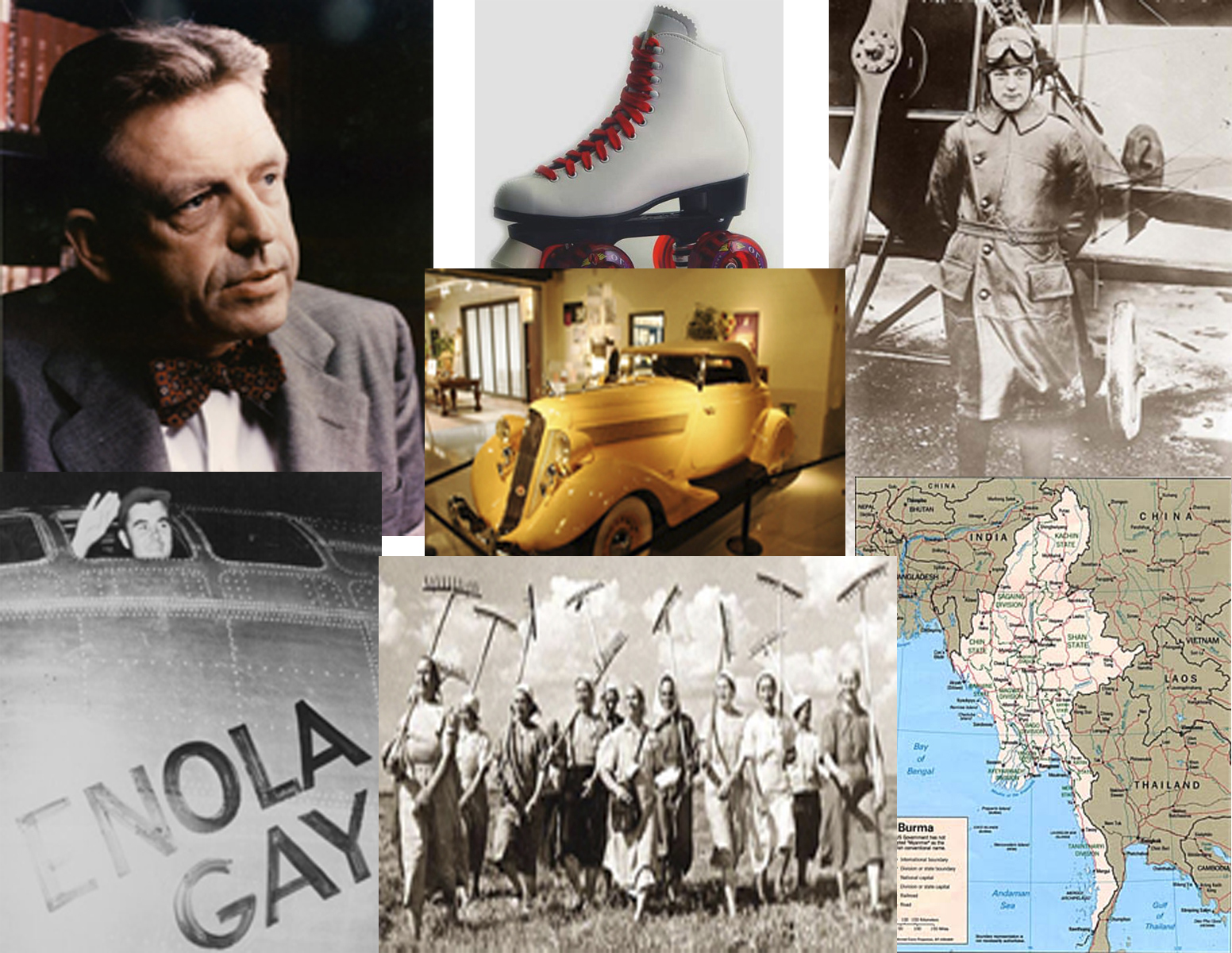Collection context
Summary
- Creator:
- Indiana University Center for the Study of History and Memory
- Abstract:
- These interviews were conducted in order to reconstruct the history of the Stones River National Battlefield and the surrounding Murfreesboro area.
- Extent:
- 10 Interviews
- Language:
- Materials are in English
- Preferred citation:
[interviewee first name last name] interview, by [interviewer first name last name], [interview date(s)], [call number], [project name], Center for Documentary Research and Practice, Indiana University, Bloomington, [page number(s) or tape number and side if no transcript; if digital audio and no transcript, cite time when quote occurs].
Background
- Scope and Content:
In this project, ten interviews were conducted during the summer of 1999. Miranda Fraley conducted the interviews and primarily focused on what these interviewees could remember about community life, the development of Rutherford County and their own family history inrelation to the Civil War. Fraley also asked the interviewees if they had any experience volunteering at the battlefield or attending any of the special services held in the Stones River Battlefield or Cemetery area. Interviews consist of audio cassettes and typed transcripts.
- Acquisition information:
- Oral history interviews conducted by the Indiana University Center for the Study of History and Memory from 1968 to the present, with particular focus on the history of twentieth-century America and the Midwest.
- Physical location:
- Interviews are housed in Franklin Hall, Room 0030A. Contact ohrc@indiana.edu for more information. Copies of interview transcripts are also held by the IU Libraries University Archives. For other locations housing the interviews from this project, please contact the Center for Documentary Research and Practice office.
- Physical facet:
- Audio files, transcripts, and collateral materials
Access
- TERMS OF ACCESS:
-
The archive of the Center for Documentary Research and Practice at Indiana University is open to the use of researchers. Copies of transcript pages are available only when such copies are permitted by the deed of gift. Scholars must honor any restrictions the interviewee placed on the use of the interview. Since some of our earlier (pre-computer) transcripts do not exist in final form, any editing marks in a transcript (deletions, additions, corrections) are to be quoted as marked. Audio files may not be copied for patrons unless the deed of gift permits it, and a transcript is unavailable for that interview. The same rules of use that apply to a transcript apply to the audio interview. Interviews may not be reproduced in full for any public use, but excerpted quotes may be used as long as researchers fully cite the data in their research, including accession number, interview date, interviewee's and interviewer's name, and page(s).
- PREFERRED CITATION:
-
[interviewee first name last name] interview, by [interviewer first name last name], [interview date(s)], [call number], [project name], Center for Documentary Research and Practice, Indiana University, Bloomington, [page number(s) or tape number and side if no transcript; if digital audio and no transcript, cite time when quote occurs].
- CAMPUS:
- Indiana University Bloomington
- LOCATION OF THIS COLLECTION:
-
Franklin Hall 0030B601 East Kirkwood AvenueBloomington, Indiana 47405, United States
- CAMPUS:
- Indiana University Bloomington
- CONTACT:
-
812-855-2856ohrc@indiana.edu

